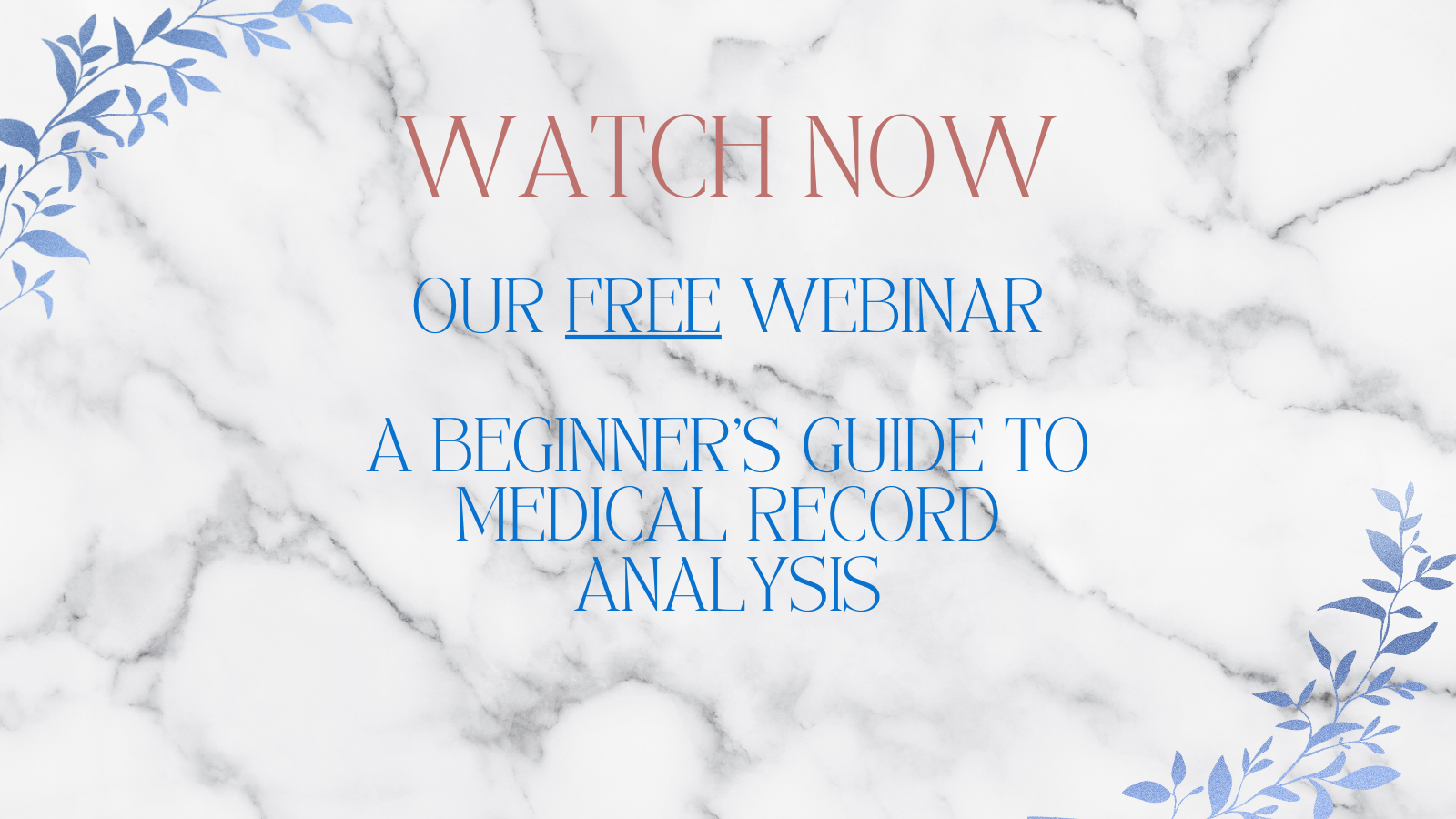Chances are that if you have been to any legal training recently, a topic on the agenda for discussion will have been the Defence of Fundamental Dishonesty. This topic is particularly relevant this month in light of the decision of the High Court in the case of O’Connell -v- the Ministry of Defence on 09 September 2025 where the Claimant was held to be fundamentally dishonest in her claims regarding the long term effects of her injury resulting in her entire claim being dismissed and her being ordered to pay the Defendant’s costs in full.
But what is Fundamental Dishonesty and how can DMR Collation help in cases where the Defence of Fundamental Dishonest has been raised?
The Origins of the Defence of Fundamental Dishonesty
The Defence of Fundamental Dishonesty was introduced in England and Wales by Section 57 of the Criminal Justice and Courts Act 2015 which was part of the Jackson Reforms. It provides a defence in personal injury claims in circumstances where the court is satisfied on the balance of probabilities that the Claimant has been “fundamentally dishonest” in relation to the primary claim or a related claim”. The aim of its introduction was to deter fraudulent personal injury claims by giving the court permission to dismiss the entire claim, even genuine parts, if the Claimant is found to be fundamentally dishonest. The burden of proving fundamental dishonesty is on the Defendant.
This statutory provision along with CPR 44.16(1) provides an exception to qualified one-way costs shifting (QOCS) making Claimant’s liable for the Defendant’s costs if they are found, on the balance of probabilities, to be fundamentally dishonest.
In addition to these penalties, in cases of extreme dishonesty, the court may also refer the matter for criminal prosecution which could result in imprisonment for contempt of court, fraud or perjury.
As you can see, the repercussions of fundamental dishonesty are significant, which is why it carries substantial weight as a Defence and is being pleaded regularly in litigated personal injury and clinical negligence claims.
How case law has shaped the interpretation of “Fundamental Dishonesty”
Several recent cases have examined the topic of Fundamental Dishonesty more closely, assisting in refining the criteria surrounding this significant issue.
- A two-stage test for dishonesty was laid out in R v Ghosh [1982] which required proving that a) the conduct was dishonest by lay objectives of ordinary people and b) that the person whose conduct was being considered must have realised that ordinary honest people would regard his behaviour as dishonest.
- In Ivey v Genting Casinos [2017] the Supreme Court looked at the meaning of “dishonesty” and this case diverted from the previously applied two-stage test for dishonesty laid out in R v Ghosh [1982]. Here the court concluded that dishonesty related to the actual state of the individual’s knowledge or belief as to the facts, regardless of whether this was a reasonable belief or not.
- Howlett v Davies [2017] concluded that if the dishonesty went to the root of either the whole of the claim or a substantial part of the claim this would be a fundamentally dishonest claim, as opposed to being dishonest in some collateral or minor, self-contained head of damage.
- Wright v Satellite Information Services Ltd [2018] held that a Claimant may not be fundamentally dishonest even when parts of their claim have been overstated, so long as they have not deliberately intended to overstate their case.
- LOC Olympic & Paralympic Games v Sinfield [2018] concluded that a Defendant must prove on a balance of probabilities that the Claimant has acted dishonest in relation to the primary claim and/or a related claim in a way that substantially affected the presentation of his case, either in respects of liability or quantum, in a way which potentially adversely affected the Defendant in a significant way.
- In Razumas v Ministry of Justice [2018] it was held that for dishonesty to be fundamental it must relate to a matter fundamental in the claim. It clarified that dishonesty relating to a matter incidental or collateral to the claim was not sufficient.
- In Muyepa v Ministry of Defence [2022] Mr Justice Cotter’s set out three useful questions to consider when deciding the issue of fundamental dishonesty:
- At what stage and in what circumstances did the Claimant’s dishonest conduct start?
- Does the dishonesty taint the whole of the clam or is it limited to a divisible element?
- How does the value of the underlying claim (which the court must assess) compare with that of the dishonest inflated claim?
In summary, a Claimant may be deemed fundamentally dishonest if they intentionally exaggerate the core basis of their case, resulting in significant adverse effects on the Defendant.
This highlights the necessity of ensuring that the Claimant’s witness statement aligns with the information found in their medical records or other relevant documentation, unless there is a reasonable explanation for any discrepancies.
How Our Services Tackle the Issue of Fundamental Dishonesty
Allegations of fundamental dishonesty require a comprehensive review of documentation and records to either support or disprove such claims.
Our analysis can help by:
- Identifying inconsistencies
between the Claimant’s witness statement, statement of case, medical reports, medical records, DWP records, and any other relevant documentation. - Finding evidence
that could either support or dispute the Claimant’s past and present levels of disability. - Uncovering evidence
that may either validate or contradict a special damages claim.
As part of our standard reviews we will flag any potentially discrediting or inconsistent information we find within the records. However, we can also provide a tailored analysis service that can adjust to specific chronological needs. Simply inform us of the particular information you would like us to investigate and we will perform a comprehensive review of the records to document entries relevant to the individual case requirements. We can even compile core bundles containing evidence related to this matter.
If you would like to learn more about our flexible chronology services, please contact us at [email protected]



